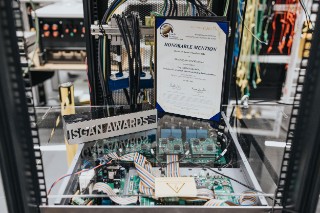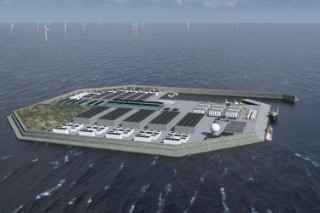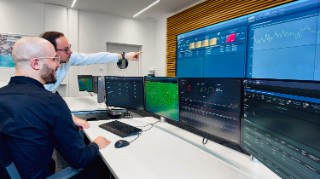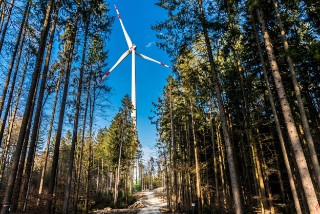
The research project “PnP grids - Grid-forming control for distributed power converters” has been honoured with the 10th ISGAN Award of Excellence. The prize, which is awarded by the International Smart Grid Action Network (ISGAN) in cooperation with the Global Smart Energy Federation (GSEF), honours outstanding innovations in the field of smart grid technologies.
more info


